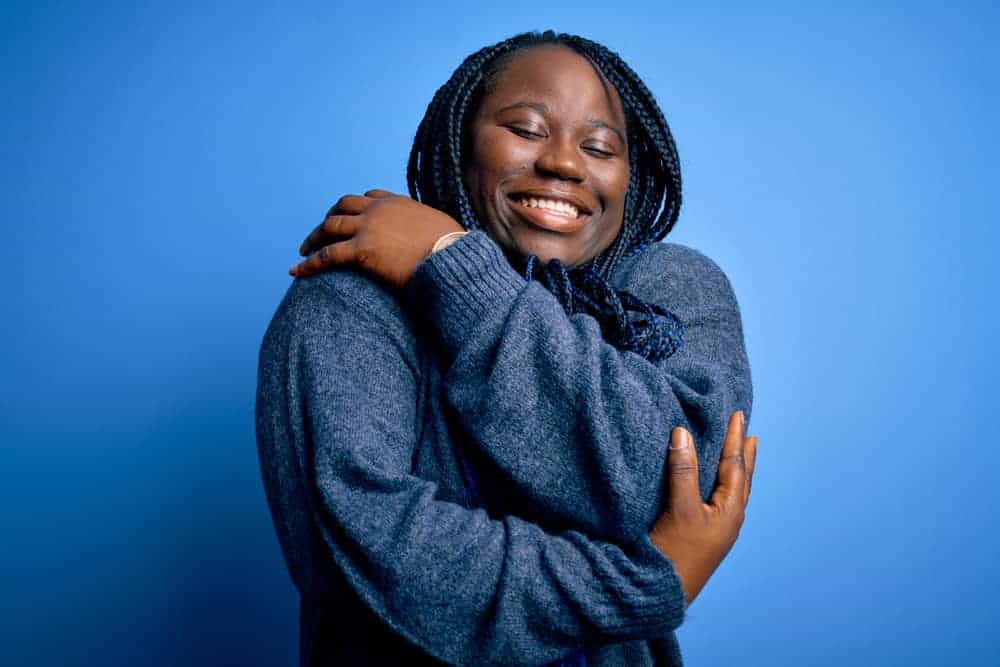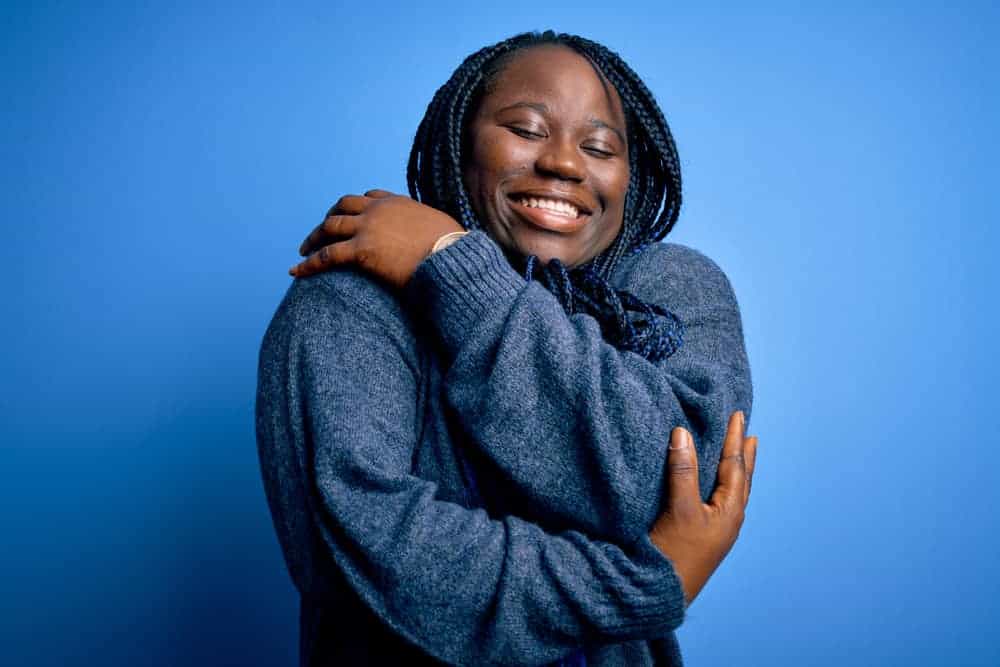Quick question, have you ever been to the clothes shop, and glanced at an outfit, pleasingly love it, but an inner voice say “Remember your belly won’t look good in the shirt”. What a grief!
Has it happened to you, looking at yourself in the mirror and saying, “Oops I hate how big my nose is Or simply you feel unhappy with your face shape?
Have you ever held back a big laugh just because you think your gingiva is not as dark as it should be?
Have you wished to have the same physical appearance as one of your favorite celebrities or any individual you think looks better than you?
How do you manage such kinds of insecurities? This is when body confidence should be actively worked on.
Regardless of the fact that there is no beauty, height, and size standard; Young individuals tend to encounter hardship of physical appearance as a limitation to public activities participation or any other reason that makes them exposed.
Body confidence is the feeling of being comfortable and accepting of your body, with no consideration of its shape, size, or imperfections.
Mostly, youth, criticize and judge their bodies depending on physical looks rather than accomplishments, as a result of both physical and digital surroundings which escalate young people to consider how they feel about their bodies. In order to reduce it, Social norms should be ignored. Avoid comparing yourself to others, as it often leads to negative thoughts. then a positive and supportive environment is highly recommended.
Social norms can have a significant impact on body image. The portrayal of idealized body types in media, advertising, and popular culture can create unrealistic standards that many individuals feel pressure to conform to. This can lead to negative body image, self-esteem issues, and even mental health problems such as eating disorders and body dysmorphic.
The constant exposure to these standards can result in people feeling dissatisfied with their own bodies, striving for unattainable perfection, and feeling judged or shamed if they don’t meet these norms. Social norms can contribute to a culture where appearance is valued more than individual qualities and achievements, affecting overall well-being and self-worth.
Embracing your unique features involves practicing self-acceptance and celebrating what makes you distinct. Focus on your strengths, interests, and qualities that set you apart.
Surround yourself with supportive people who appreciate your uniqueness, and remind yourself that everyone has their own individual qualities that contribute to the diversity of the world. It’s about cultivating self-love and recognizing that your uniqueness is what makes you special.
Enhancing body confidence is important for promoting positive self-esteem, mental well-being, and overall health. It can lead to better relationships, increased resilience against societal pressures, and a more fulfilling life. When individuals feel comfortable and confident in their bodies, they are more likely to engage in healthy behaviors, pursue their goals, and enjoy a higher quality of life.



